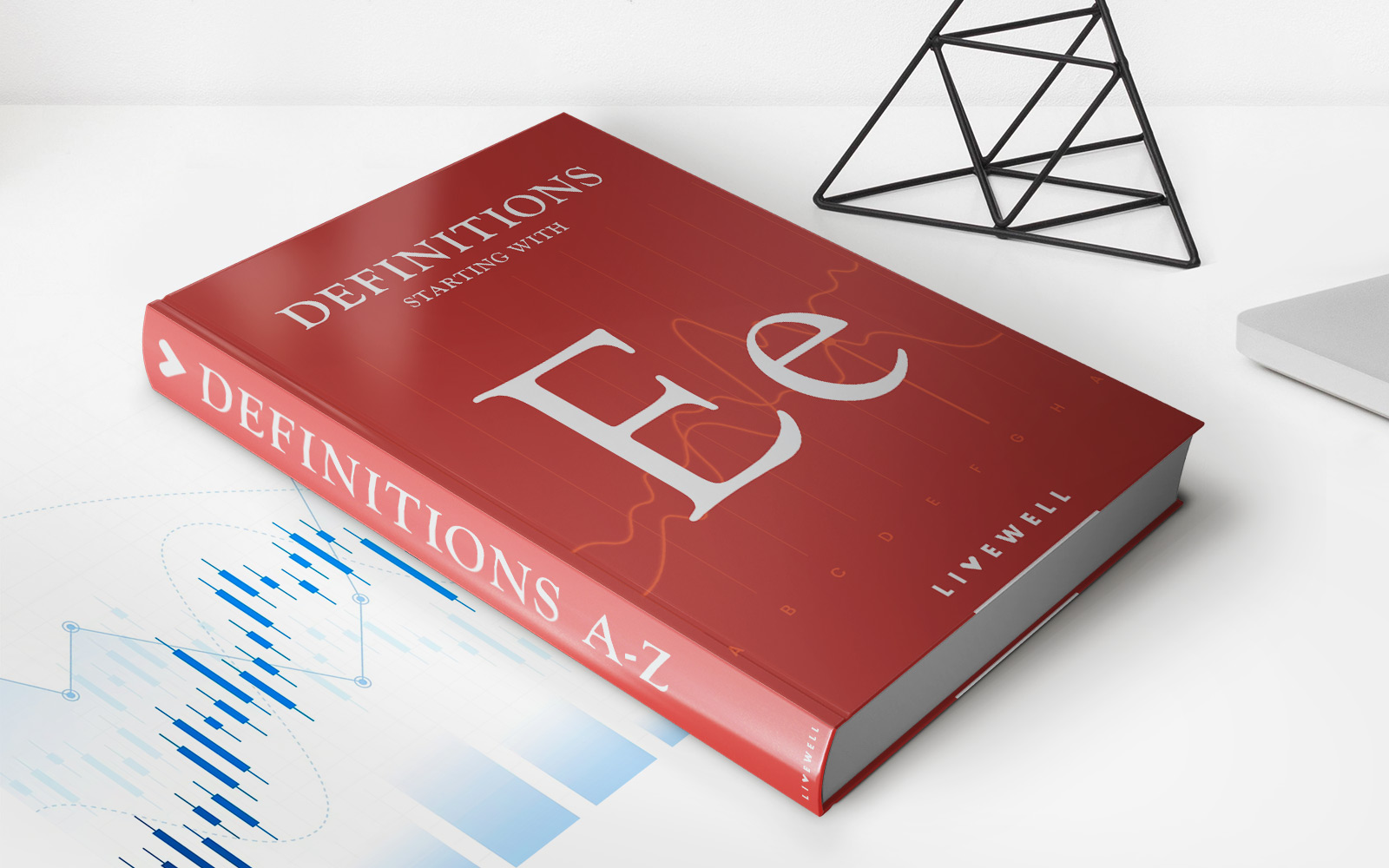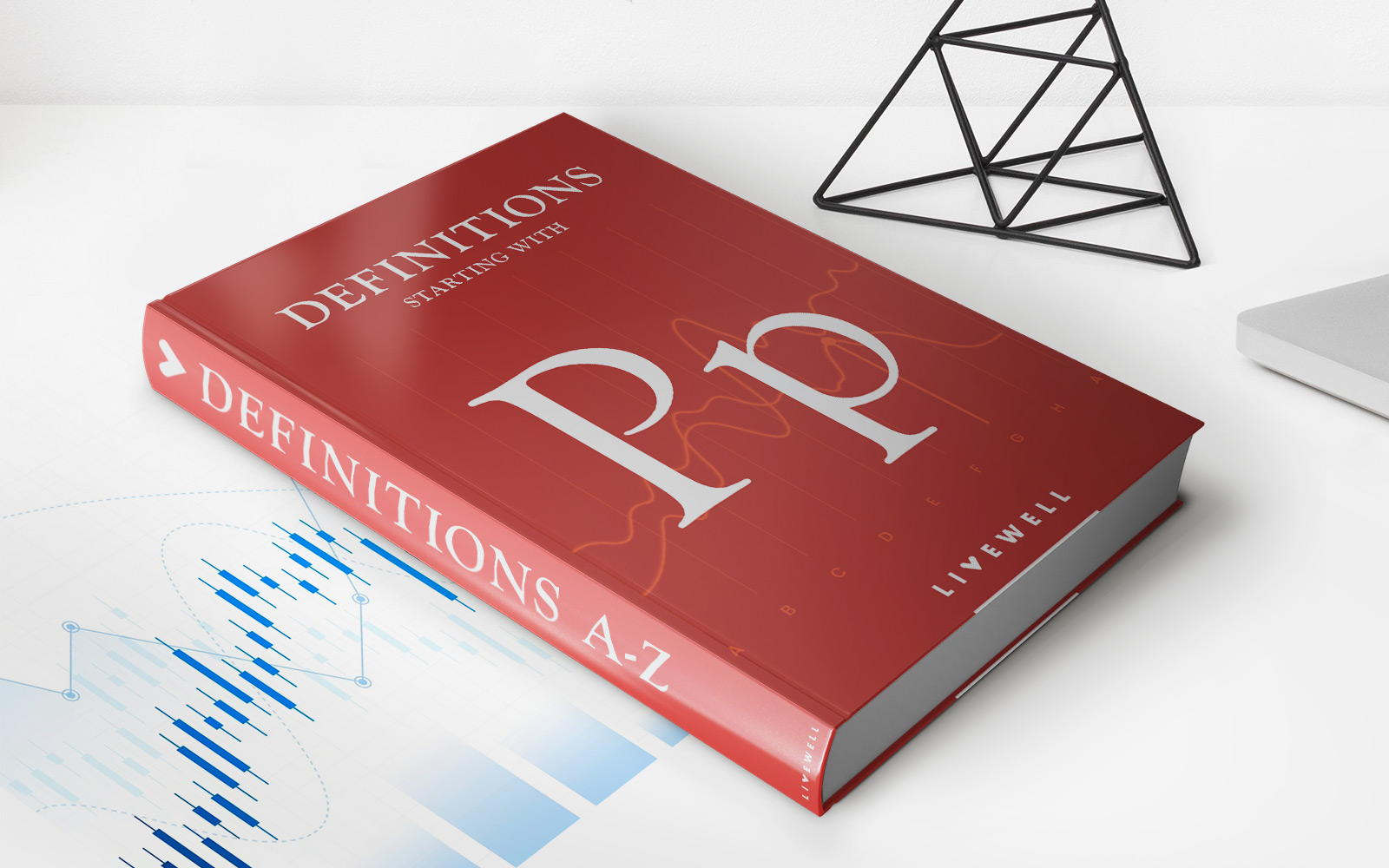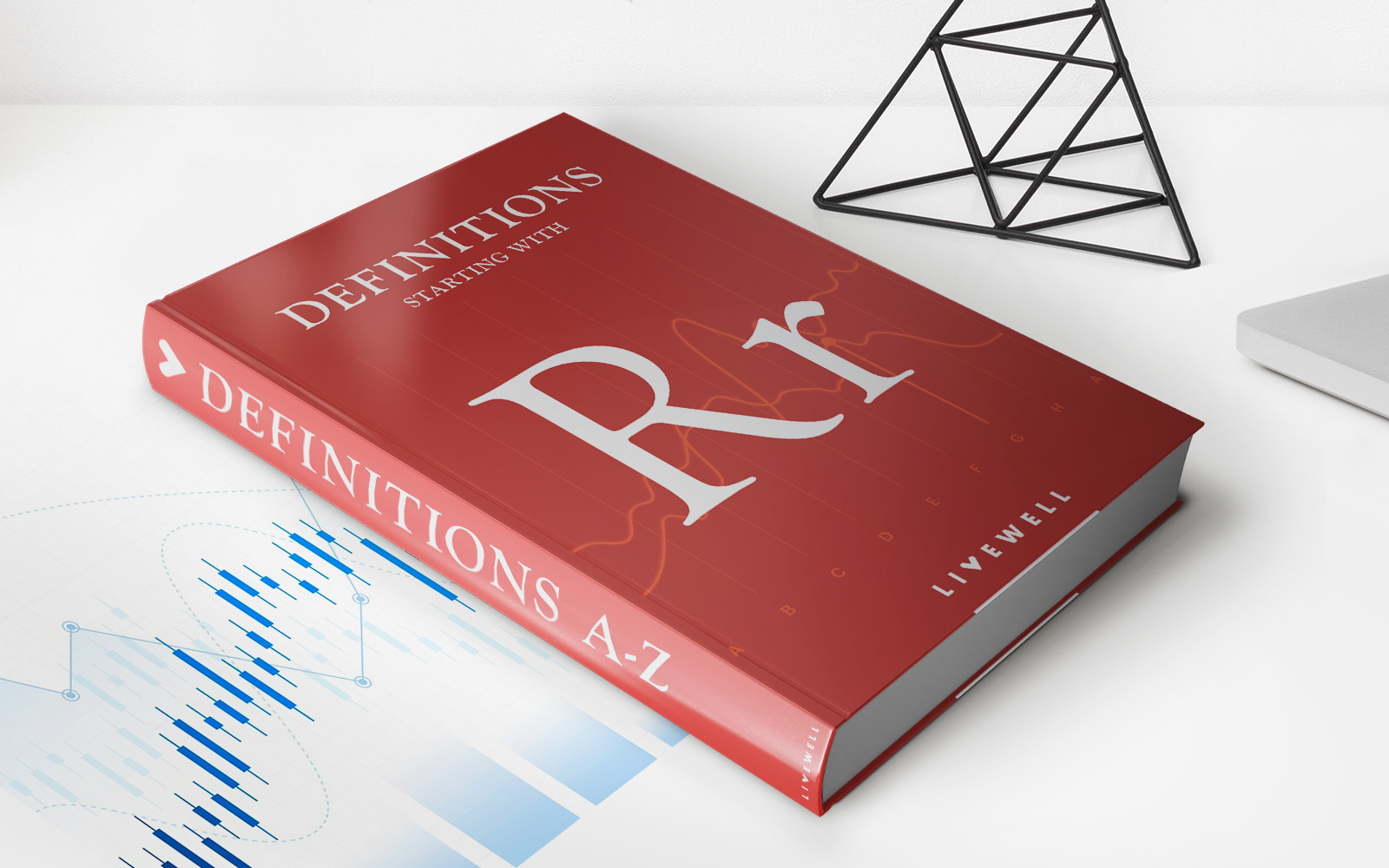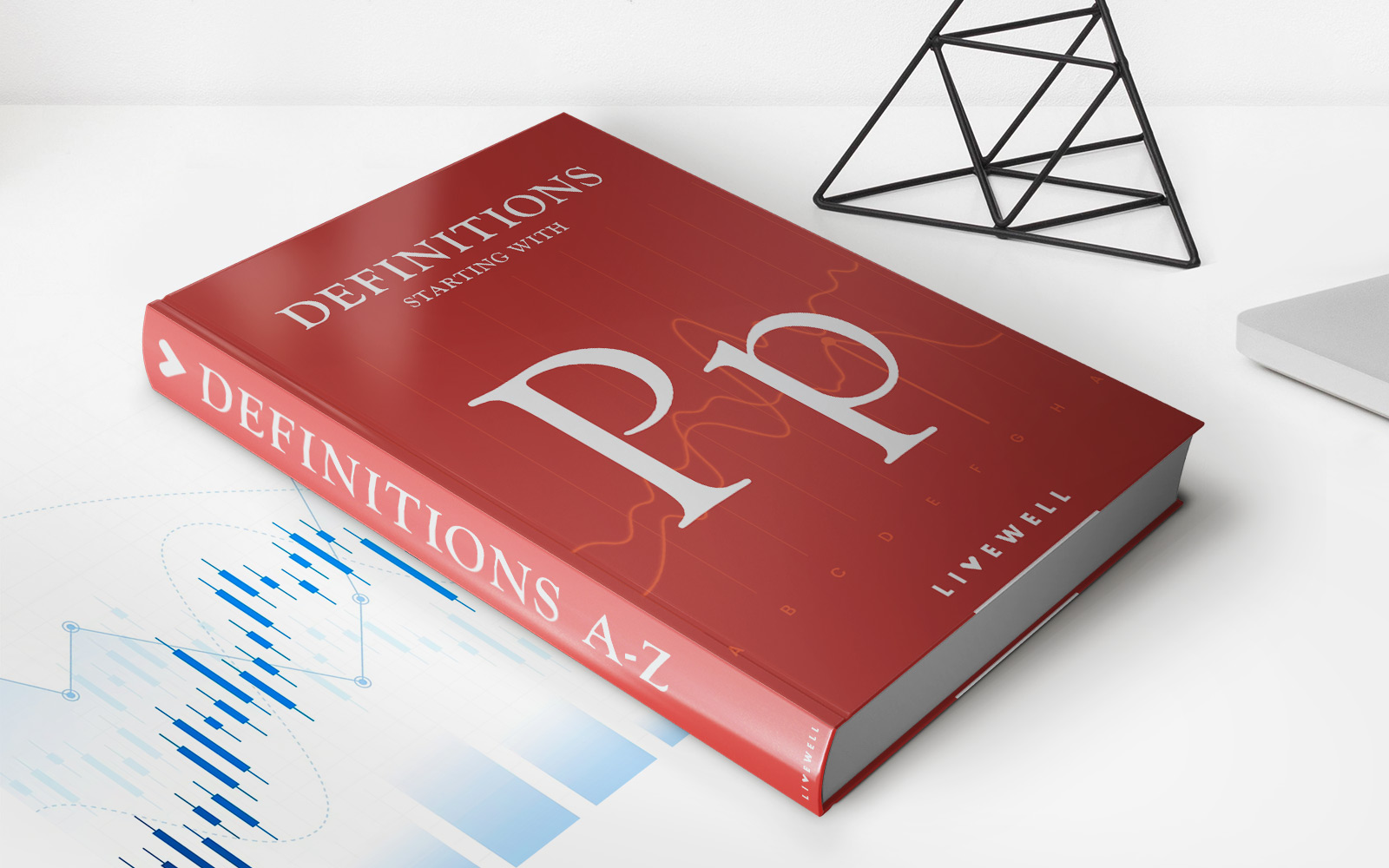Home>Finance>Loss Payee: Definition, How It Works In Insurance, And Benefits
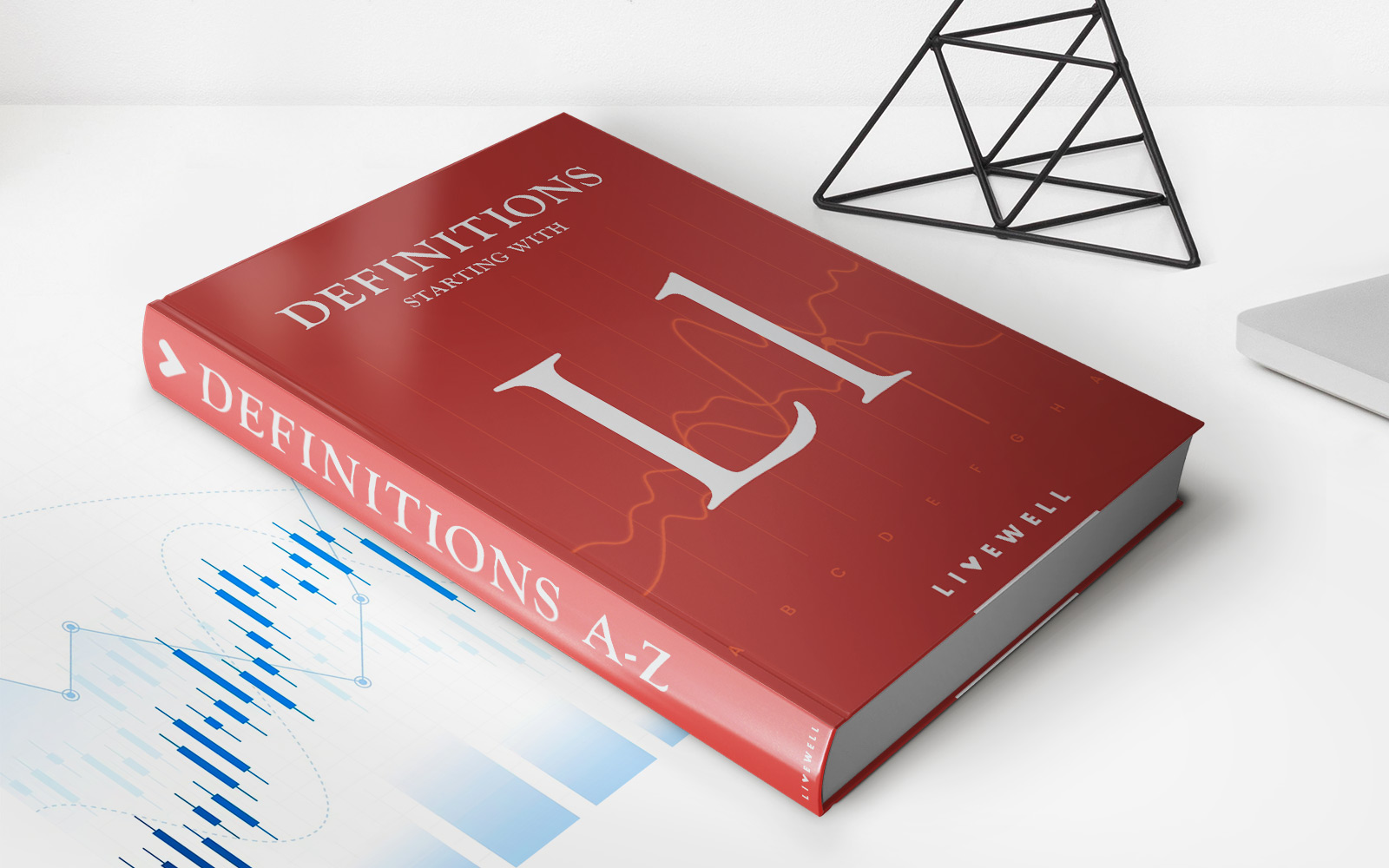

Finance
Loss Payee: Definition, How It Works In Insurance, And Benefits
Published: December 20, 2023
Discover the definition and workings of loss payee in finance. Explore the benefits it offers in the insurance industry.
(Many of the links in this article redirect to a specific reviewed product. Your purchase of these products through affiliate links helps to generate commission for LiveWell, at no extra cost. Learn more)
“Loss Payee: Definition, How It Works in Insurance, and Benefits”
When it comes to insurance, there are often several parties involved in determining who receives the payout in the event of a loss. One key term that comes up in these discussions is “loss payee.” But what exactly does this term mean, and how does it work in insurance? In this blog post, we will take a closer look at loss payee, its definition, how it works, and the benefits it offers. So, let’s dive right in!
Key Takeaways:
- A loss payee is a person or entity that is entitled to receive insurance proceeds in the event of loss or damage to a property.
- Loss payees typically include lenders and lienholders who have a financial interest in the insured property.
What is a Loss Payee?
Simply put, a loss payee is a person or entity that is entitled to receive insurance proceeds in the event of a loss or damage to a property covered by an insurance policy. Loss payees are usually lenders or lienholders who have a financial interest in the insured property. In other words, they are parties that have a legal claim on the property and stand to suffer a financial loss if it is damaged or destroyed.
How Does Loss Payee Work?
When an insurance policy includes a loss payee, it means that if a covered loss occurs, the insurance company will pay the proceeds directly to the loss payee instead of the insured. This arrangement helps protect the interests of the loss payee and ensures that the funds are used to repair or replace the insured property. The insured party may also benefit from having a loss payee since it may provide them with access to better loan terms, such as lower interest rates, by safeguarding the lender’s investment.
Here’s a breakdown of how loss payee works:
- Both the insured party and the loss payee are named on the insurance policy.
- If a covered loss occurs, the insurance company assesses the damage and determines the appropriate amount of the claim payout.
- The insurance company then issues a check payable to both the insured party and the loss payee.
- The insured party endorses the check and passes it to the loss payee, who can then use the funds to repair or replace the property.
The Benefits of Loss Payee
The inclusion of a loss payee in an insurance policy offers several benefits to all parties involved:
- Protection for the Loss Payee: By ensuring that the insurance proceeds are paid directly to the loss payee, their financial interest in the property is safeguarded. This reduces the risk of the loss payee suffering a financial loss due to damage or destruction of the insured property.
- Streamlined Claims Process: Having a loss payee listed on the insurance policy helps streamline the claims process. The insurance company knows exactly who the claim proceeds should be paid to and can process the payout more efficiently.
- Potential Benefits for the Insured: For the insured party, having a loss payee can offer advantages such as access to better loan terms and lower interest rates. Lenders may be more willing to provide favorable terms when their investment in the property is protected.
- Renewal of Coverage: Loss payees are often notified if there are changes to the insurance policy or if the policy is up for renewal. This ensures that the loss payee is kept informed about the status of the insurance coverage on the property they have a financial interest in.
In conclusion, understanding the concept of loss payee is important when dealing with insurance policies, especially if you are a lender or lienholder with a financial interest in a property. Loss payees play a crucial role in ensuring that insurance proceeds are properly handled and used to repair or replace the insured property. The inclusion of a loss payee offers benefits to both the loss payee and the insured, such as protection of financial interests and a streamlined claims process. So, if you are entering into an insurance agreement, consider the importance of loss payee and the advantages it can provide.

